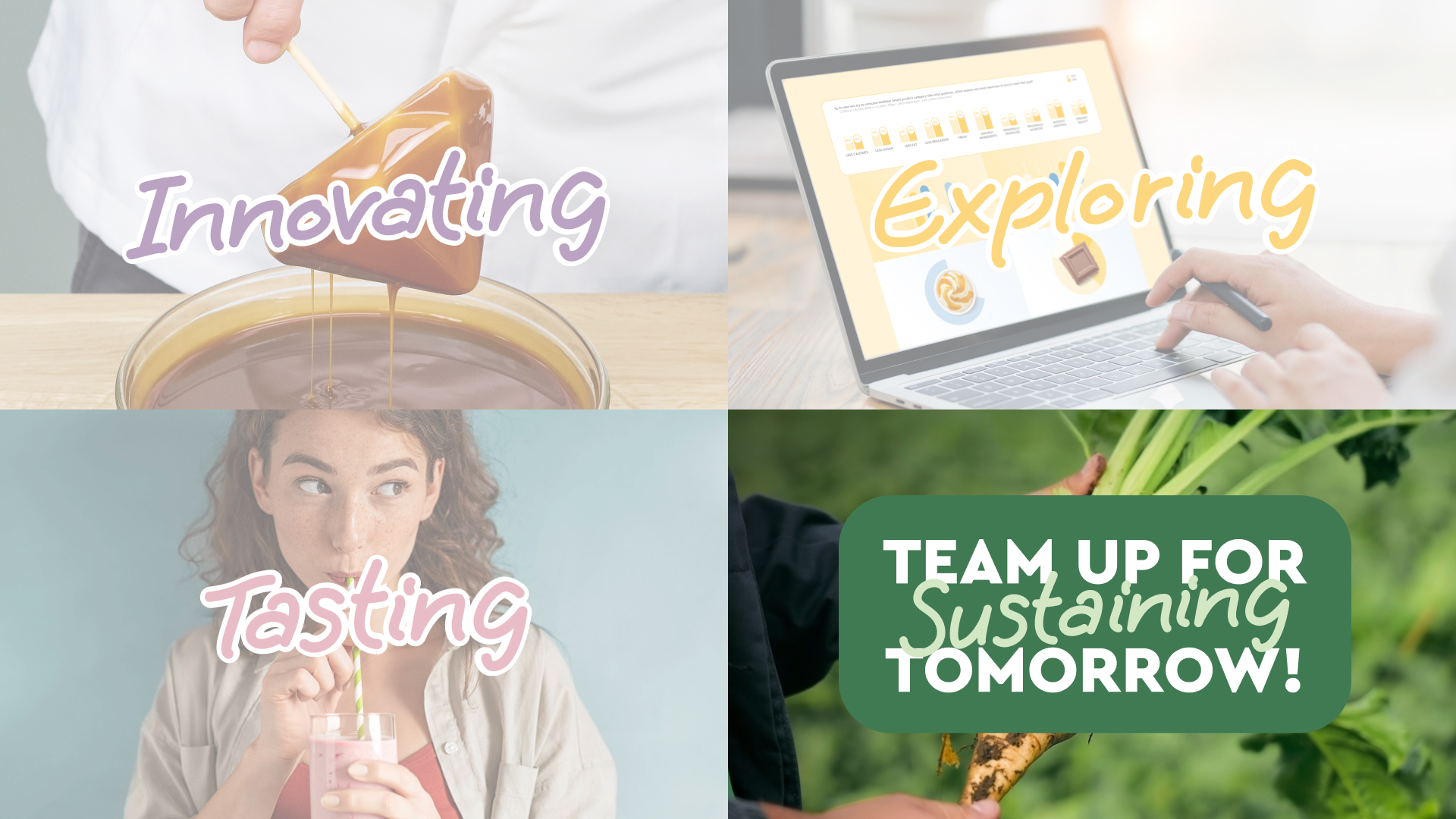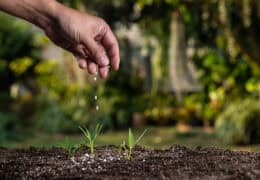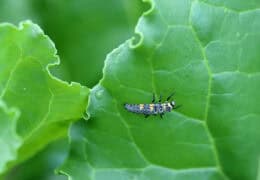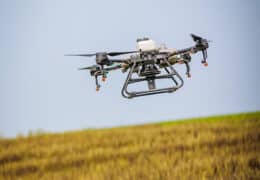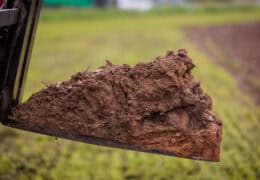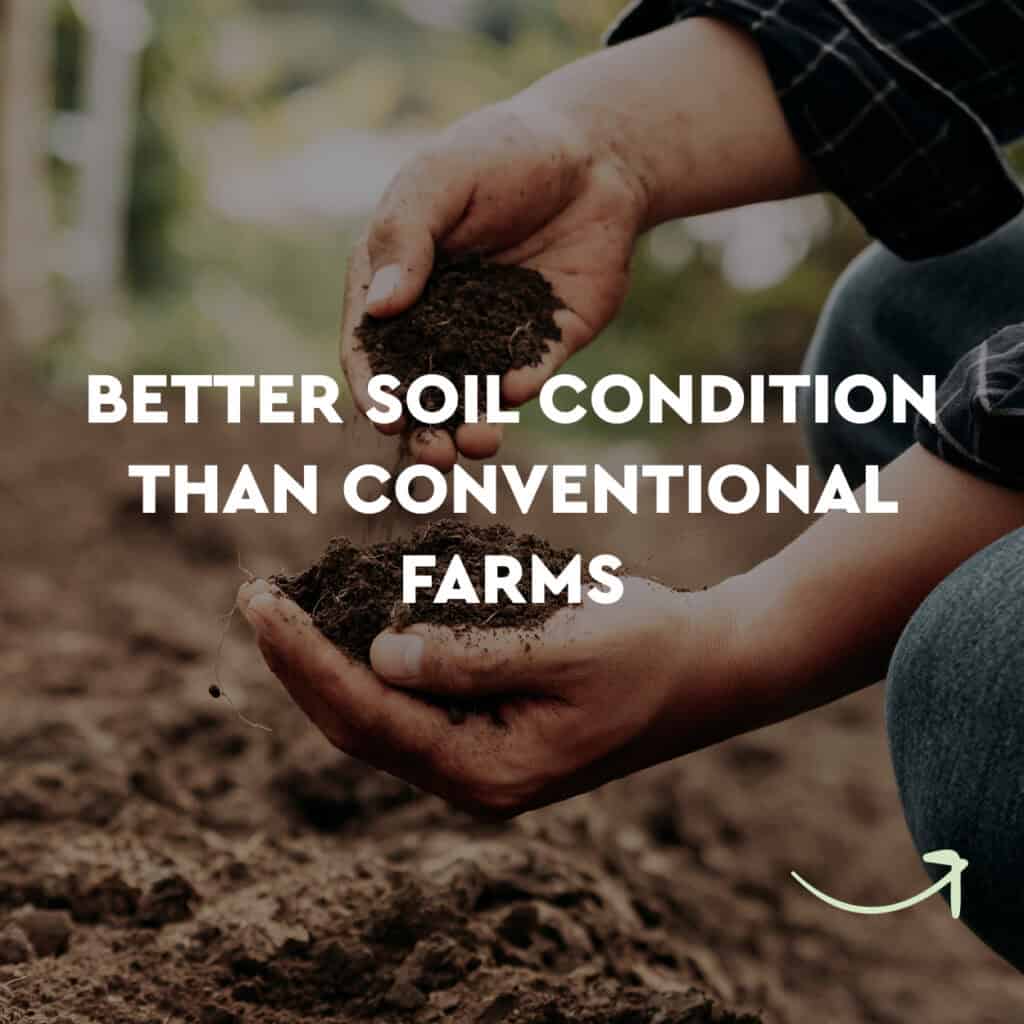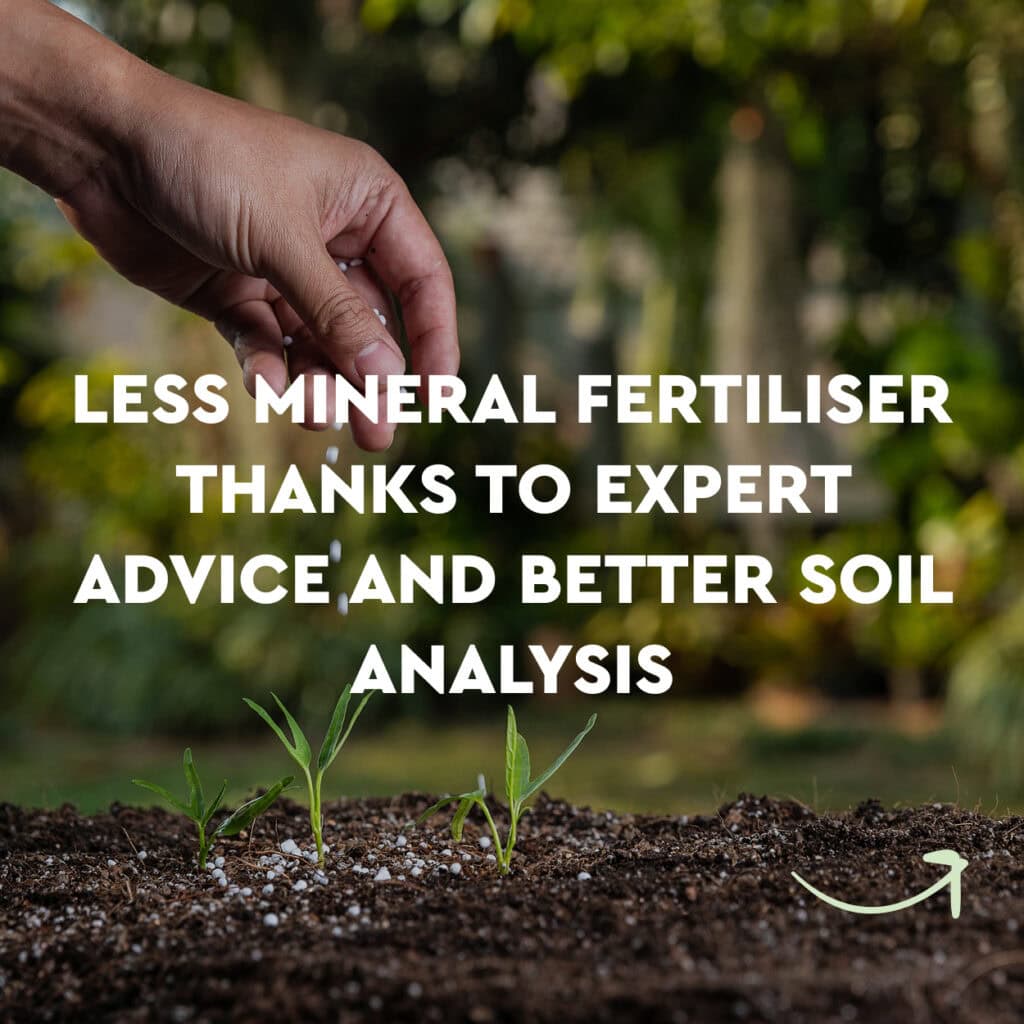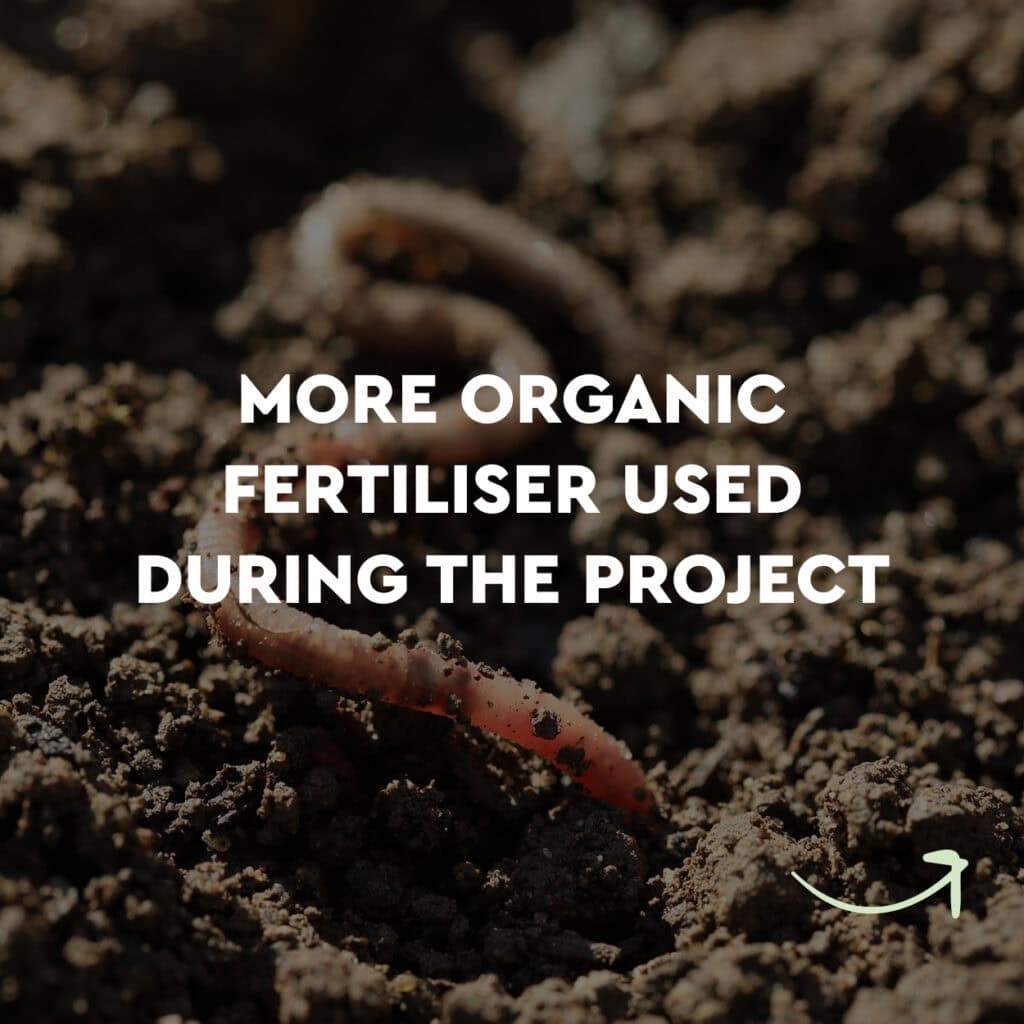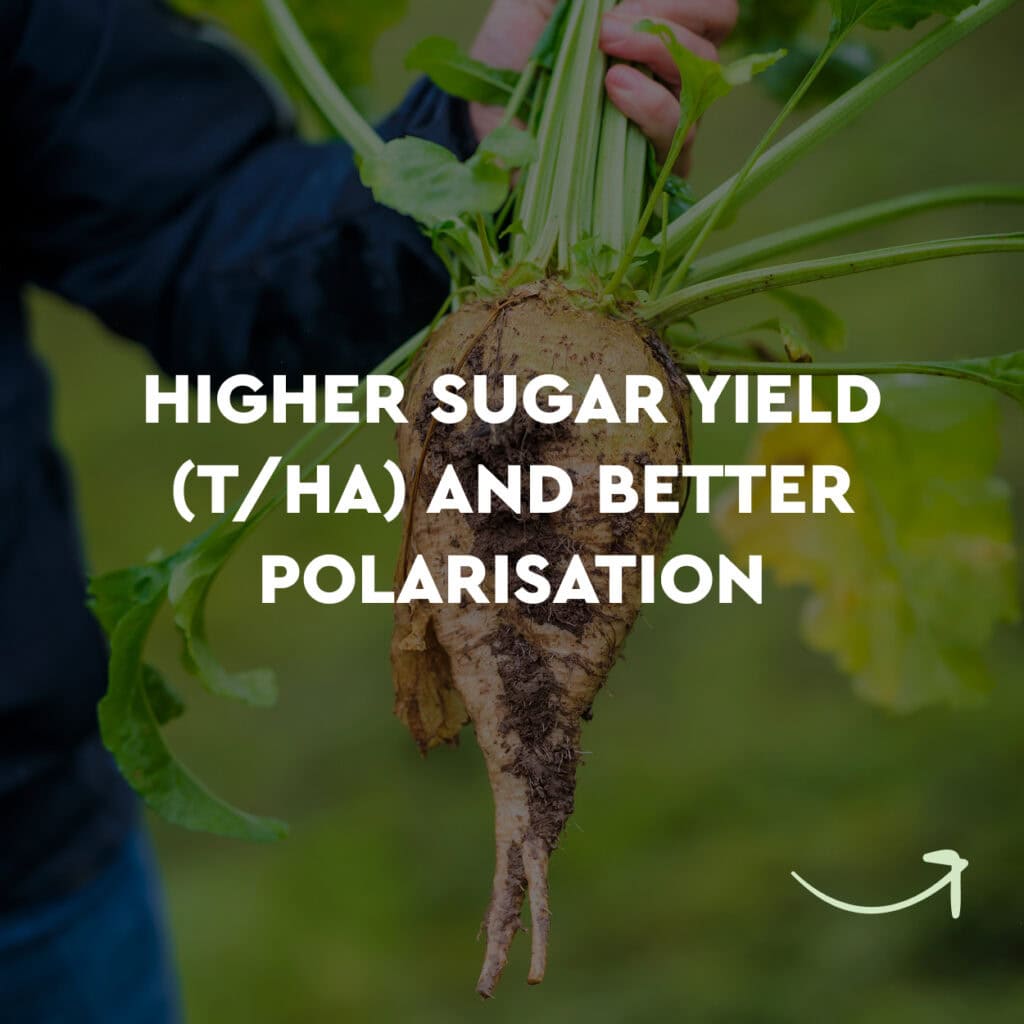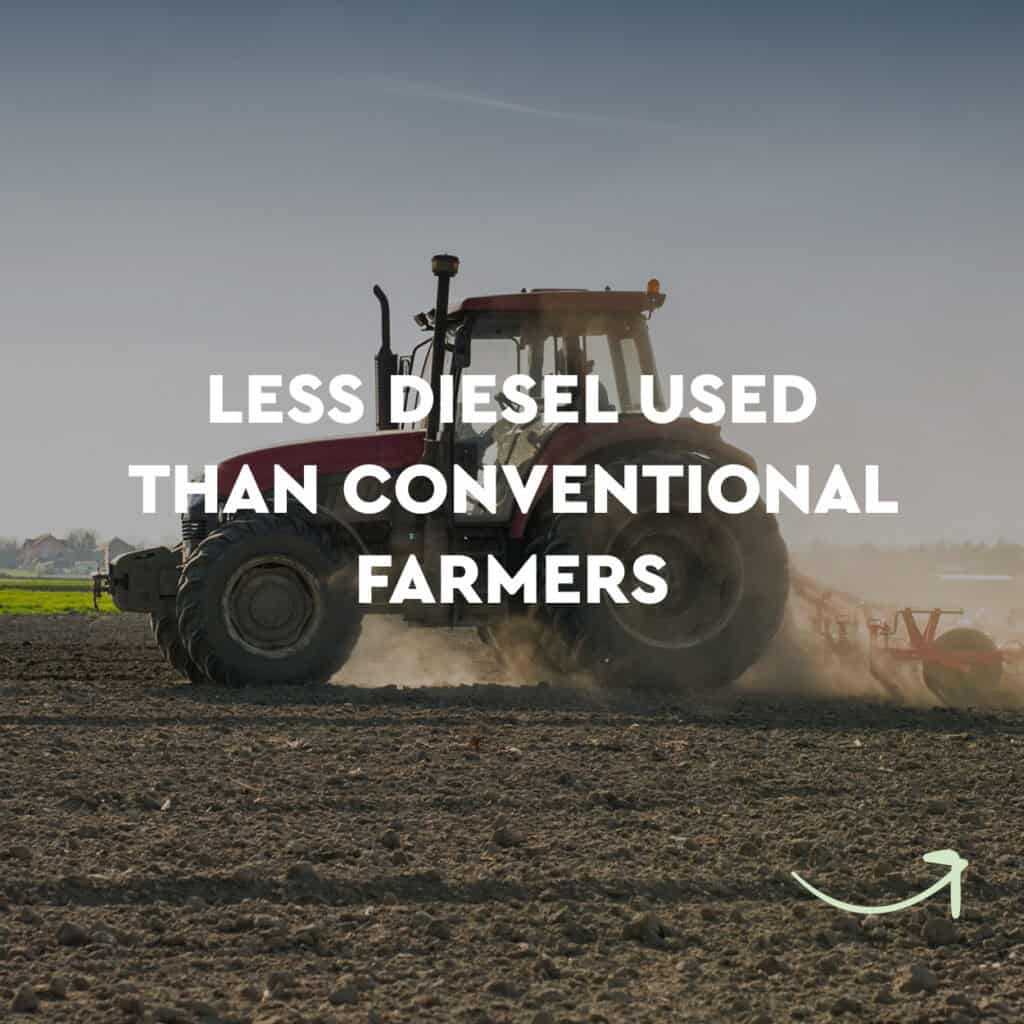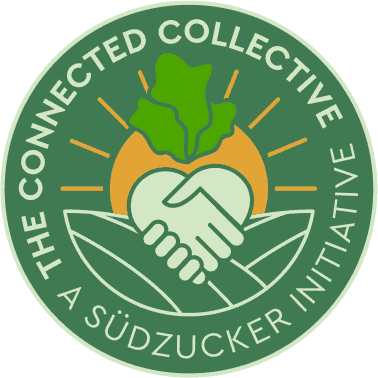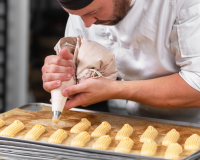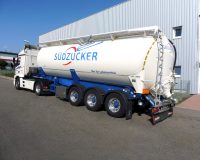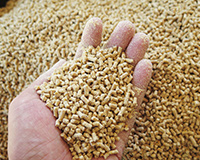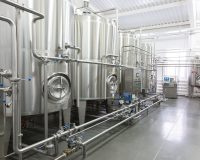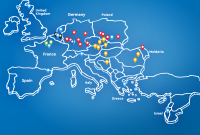Südzucker, BENEO and Puratos: Teaming Up for Growing Tomorrow
Agriculture is undergoing significant transformations due to climate change, societal demands and rising operational costs. The need for technical and operational support as well as financial incentives, is critical for encouraging more sustainable practices. Making farming more resilient to these risks, and at the same time contributing to a lower CO2e footprint from cultivation is a collective responsibility involving the entire value chain.
In 2023 Raffinerie Tirlemontoise, part of Südzucker Sugar Division, BENEO, a leading manufacturer of functional ingredients and part of Südzucker Group, and Puratos, a global leader in bakery, patisserie and chocolate ingredients joined forces and initiated a Climate Farming Project running over 3 years. The aim? Reducing greenhouse gas emissions, fostering biodiversity and improving soil and water quality by implementing science-based, targeted regenerative agriculture measures on Belgian farms. Within this collaboration 15 farms across Belgium have been involved as pilot farms for this project to share knowledge, sustainable techniques, strategies and cost.
On an area equivalent of 1,100+ football fields, these farmers cultivate (among others) sugar beet, wheat and chicory, while implementing various regenerative agriculture measures as levers to improve their sustainability footprint on the farm level.
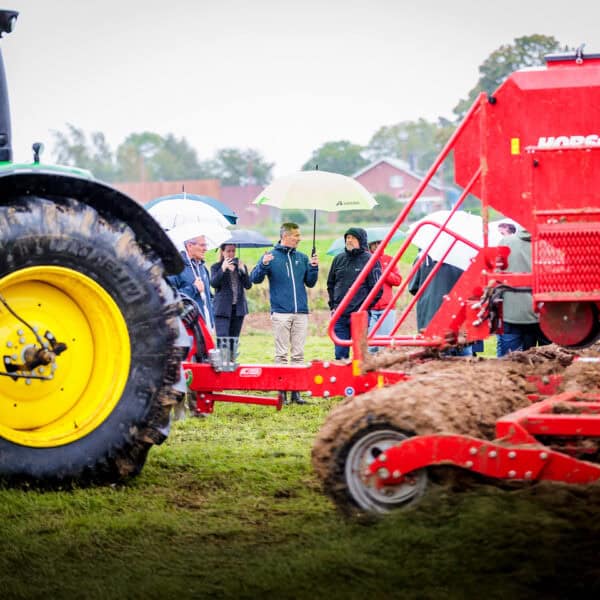
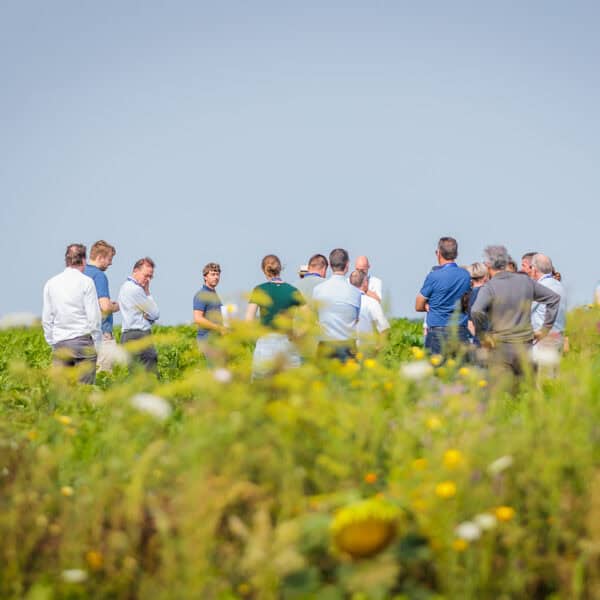
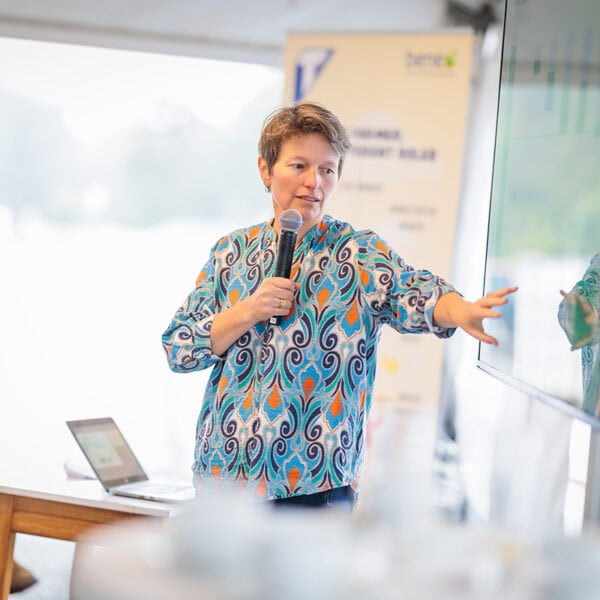
Objectives - Aiming for Real Impact
This collaboration is aiming for real, measurable impact and the learnings are already shared and scaled up across all Raffinerie Tirlemontoise farms across Belgium, on a voluntary basis. The 15 farmers of this project choose to work on different levers, depending on their needs, their interest and the machinery available, aiming to achieve specific sustainability objectives at the farm level:
In general, within this project the partners evaluate the feasibility of cultivation techniques in the field, as well as the results in terms of CO2e reduction and even permanent and additional carbon storage in the soil.
Process - Following a Strategic Approach
This Climate Farming Project can be seen as an outside laboratory for innovation and experience sharing. It is an ‘agricultural model’ serving as a guideline and lighthouse for orientation, given that the farmers are already well-advanced and continuing to improve their techniques. In order to scale up based on the positive results on these 15 farms, a strategic approach has been implemented that can be adapted by as many farmers as possible in the future. This scale-up process has already been started in 2024 and is currently ongoing.
In general, to measure the impact of regenerative agriculture, we follow a four-step process to ensure traceability of improvements in climate, soil, water and biodiversity.
This approach has also been transferred onto this project.
Download our Case Study
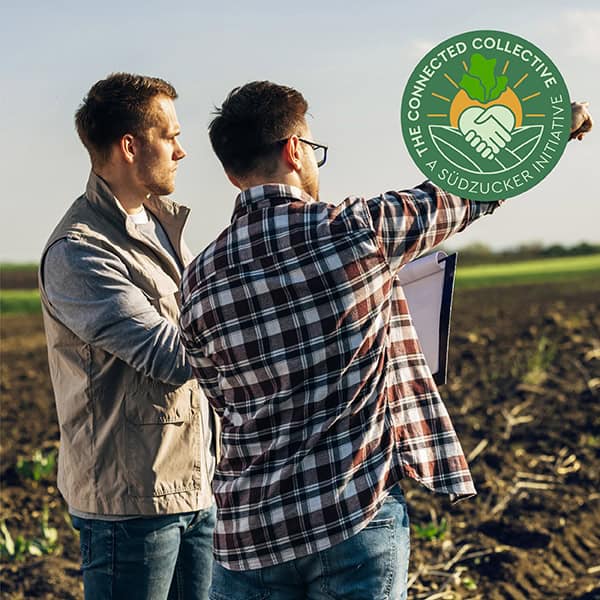
From Vision to Action
Fully aligned with the idea behind Südzucker’s The Connected Collective initiative, significant impact can only be achieved together, by joining forces in a shared vision.
Sylvie Decaigny –
Sustainability Agro Manager at Raffinerie Tirlemontoise
“I think it is capital to work on regenerative agriculture because it’s a question of ensuring the future of the entire food production in Europe at acceptable cost for consumers. Seen from the farmer’s point of view, it is not just a beautiful story of biodiversity and CO2e reduction, it’s also a question of cost and rentability.”
Francesca Angiulli –
Sustainability Director at Puratos
“This collaboration was born out of a shared belief: we can achieve more together than alone. By joining forces, we aim to provide stronger support and accelerate the transition towards regenerative agriculture. At Puratos, we are deeply committed to food innovation for good: reimagining how food is grown and sourced to nourish both people and the planet for generations to come.”
Jean Franc –
Agronomy Strategic
Development Manager at BENEO
“At BENEO, we rely on a resilient farming sector to ensure a steady supply of raw materials for our plant-based functional ingredients. Collaborative projects like this enable us to work closely with farmers and promote regenerative practices that contribute to a more sustainable and future-proof food industry.”
Implementation - Executing Impactful Measures
There is no one-size-fits-all solution, but it always depends on individual farms and environmental factors. Within the Climate Farming Project, we act based on our six key principles of regenerative agriculture, focused on the farmers, their needs and challenges:
Impactful Results Made Tangible
After 3 years of implementation, the project has already provided positive results. The monitoring and assessment of the farms have shown that the Climate Farming Group has:
- Improved soil condition compared to more conventional farms
- Required less mineral fertiliser due to healthier soil with higher fertility
- Achieved a higher sugar yield
- Used more organic fertiliser
- Reduced diesel use compared to more conventional farms
Comparison based on data collected from participating
Climate Farming Group vs. conventional farms.
Lower Carbon Footprint Confirmed
Ultimately first analysis also showed a lower CO2e footprint of the Climate Farming Group’s activities compared to primary data from other conventional farms. Calculations of the emission factor for sugar beet are done based upon the BGD Carbon Tool, a TÜV SÜD validated methodology.

Team up with Geert
Would you like to learn more about our specific sustainability commitments, goals and KPIs? Stay tuned for more publications or contact us directly:
Geert van Aelst – Head of Sustainability Südzucker Sugar Division
The Connected Collective is our initiative to support regenerative agricultural practices through collective action along the entire value chain. By combining context-specific strategies with scientific research, we aim to promote profitable, forward-thinking regional agriculture.
Further Downloads
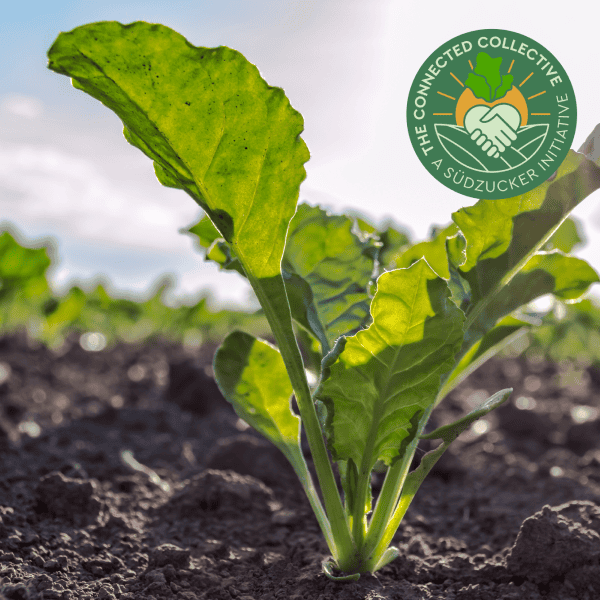
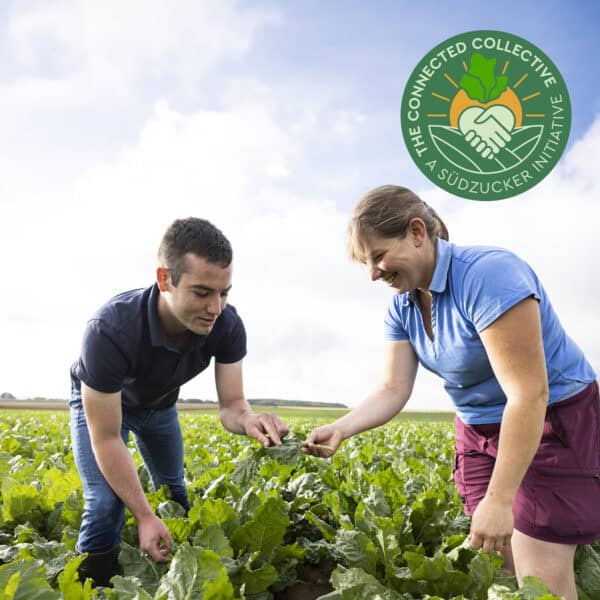
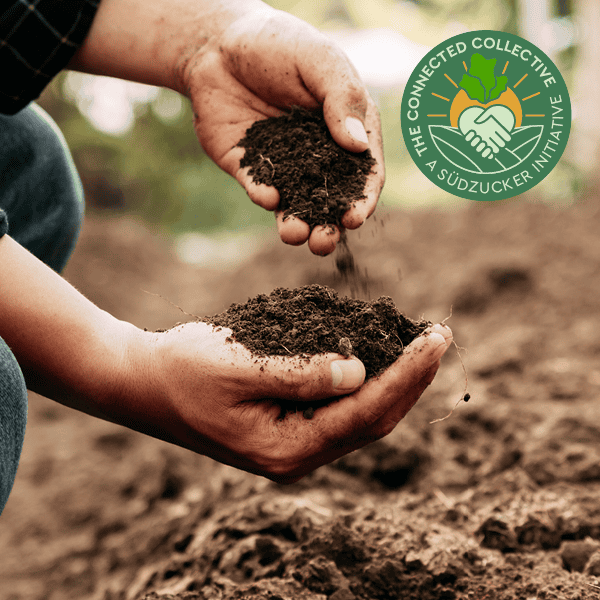
Team Up for Growing Tomorrow
By fostering collaboration and innovation, we ensure that you stay ahead of industry trends. Together with you, we aim to build a tomorrow that is both sustainable and profitable, empowering you to thrive in an increasingly competitive landscape by meeting the evolving needs of your customers.
Find out more about how to collaborate with Südzucker for Innovation, Exploration, Taste and Sustainability.


